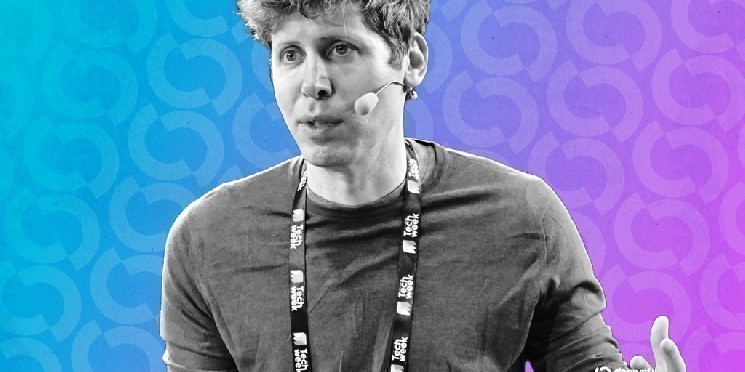In an Oct. 27 letter to the White Home, OpenAI explicitly requested federal mortgage ensures for AI infrastructure, however the White Home graciously rejected the provide, and AI czar David Sachs mentioned at the least 5 different firms might change OpenAI. This immediately contradicts CEO Sam Altman’s public statements that the corporate doesn’t need authorities assist.
The 11-page letter submitted to the Workplace of Science and Expertise Coverage known as for expanded tax credit and the deployment of “grants, cost-sharing agreements, loans, or mortgage ensures to increase industrial infrastructure capability” for AI knowledge facilities and grid elements. The letter particulars that “direct funding can even scale back lead instances for crucial grid elements corresponding to transformers, HVDC converters, switchgear, and cables from years to months.”
“Preliminary investments will be made utilizing present authorities corresponding to Title III of the Protection Manufacturing Act and the Division of Vitality’s Workplace of Mortgage Applications,” OpenAI mentioned.
Simply 10 days later, on November 6, Altman posted on X, “We do not have and don’t desire authorities ensures for OpenAI knowledge facilities,” including, “Taxpayers should not bail out firms that make dangerous enterprise choices.”
I wish to make clear a number of issues.
First, it is apparent that we do not have, and don’t desire, authorities ensures for OpenAI knowledge facilities. We imagine governments mustn’t resolve winners and losers, and taxpayers mustn’t bail out firms that make dangerous enterprise choices.
— Sam Altman (@sama) November 6, 2025
The discrepancy got here to mild after OpenAI CFO Sarah Friar spoke to AFP. wall avenue journal On the Nov. 5 occasion, it was introduced {that a} federal “backstop” might assist scale back financing prices and improve debt capability for AI infrastructure.
Her feedback sparked intense backlash. For instance, Florida Governor Ron DeSantis tweeted that the federal government mustn’t bail out expertise firms. “There might be no federal bailout for AI,” Sachs wrote.
Frier shortly retracted his feedback on LinkedIn, saying that OpenAI is just not in search of authorities assist for infrastructure improvement.
“I wish to make clear my feedback in the present day: OpenAI is just not in search of a authorities backstop for our infrastructure efforts. I used the phrase ‘backstop’ to obscure the purpose,” she wrote. “As the total textual content of my response reveals, I argue that America’s technological power comes from constructing true industrial functionality, and the personal sector and authorities should play a task in that.”
Altman’s prolonged “X” submit the following day amplified this message. “Our CFO talked about authorities funding yesterday after which clarified his level and emphasised that he might have worded issues extra clearly. As I mentioned, I imagine the U.S. authorities ought to have a nationwide technique for its personal AI infrastructure,” his tweet reads.
After all, this transfer was met with a backlash.
Gary Marcus, an AI researcher, printed an Oct. 27 letter calling Altman’s denials “lies” and mentioning that the letter explicitly requested the very mortgage ensures Altman had mentioned he did not need. This letter continues to be printed on OpenAI’s content material distribution community.
This isn’t the primary time Altman’s feedback have come below intense scrutiny. OpenAI’s board of administrators furloughed him in November 2023 for “persistently not being candid,” in response to a board assertion. Former board member Helen Toner later detailed on a podcast how Altman withheld info and made it troublesome for the board to satisfy its oversight duties. Issues about Altman’s candor are additional documented in a latest deposition from former OpenAI principal scientist Ilya Satskeva, who voted to fireplace Altman.
OpenAI didn’t instantly reply to a request for touch upon the Oct. 27 letter and the obvious contradictions with Altman’s statements.


